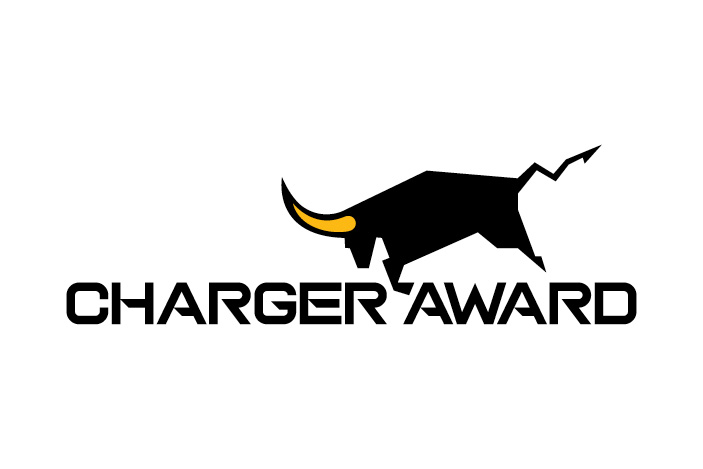SPREADING your influence and business to capture new opportunities in new markets ranks high in the minds of most companies. As some may have already found out, putting down roots into new spaces, especially in the Southeast Asian region can be tricky.
The Charger Award will feature a forum of industry experts who will discuss issues such as finding opportunities in new markets, and the pros and cons of listing and delisting on the SGX.
The Charger Award will recognise the 30 companies that billionaires and blue whale investors have found of interest in the fist half of 2017, based on the Spiking app.
Here is part two of what to expect during these discussions.
There Are Sharks Out There! What’s On The Investment Horizon?
They may seem like sweet deals, but there could be traps.
Governments that change the rules, political shifts and systemic refocusing could be hard to predict, but what are the general trends to watch out for?
While countries like Myanmar, Laos, Indonesia, and Vietnam are attractive propositions for companies to step into, simple things like language and cultural barriers may prove challenging. What are the solutions?
But then the other billion resides in this region. Beyond the Chinese and Indian billions, the Muslim billion living in the region offers potentialmarkets for investment.
To List Or Not To Delist?
Listing on the SGX provides some clear advantages — an opportunity to raise capital to fund expansions and new ventures, an objective valuation of the company that can be traded upon to further growth, and a boost to its public profile. All of which can provide a leg up for a company looking to take the next step in its evolution.
Taking your company public, however, comes at a price.
Almost immediately, going public can dilute entrepreneurs’ autonomy in acting for their company — you actions and decisions become accountable to shareholders and a board of directors.
Not to mention the constant scrutiny of regulators. Demands of performance every year, or even every quarter, will also immediately put the pressure on to deliver immediate results.

Costs associated with listing can also be prohibitive to companies — initial listing fee on the SGX is $100,000 and administrative costs will continue every quarter to maintain compliance.
It is therefore not uncommon, in a well functioning capital market, for many companies to strive for listing while some are looking for ways to delist.
2016 saw the new listing of 16 companies on the SGX with an IPO market capitalisation of $4.4billion while 27companies with total a total market-cap of more than $15.5billion delisted.
In the last year, health-lifestyle group Osim and traditional Chinese medicine specialist Eu Yan Sang International have both decided to delist and go private after 16 years on the SGX.
You Might Also Like To Read
Charge Award – Industry Insights (Part One)
Osim founder and Chairman Ron Sim had said that going private would afford him the opportunity to concentrate on growing the business and the brand, while Eu Yan Sang’s Richard Eu hopes to bring the business, started by his great grandfather, back under the family’s control.
Commentators will delve into what you need to consider before listing your company. What makes it attractive, and what advantages or disadvantages the process offers.
Or maybe you are better off going the way of Osim and Eu Yan Sang and breaking free of the shackles of being publicly listed.
The discussions will involve views from: Independent Director and Investor Chong Huai Seng; Clemen Chiang Ph.D, CEO Spiking; Kamal Samuel, Managing Director, Financial PR; Prof. Kirpal Singh, Director, Wee Kim Wee Centre, Singapore Management University; and CEO of International Property Advisor Ku Swee Yong.

There will be a total of four topics at tomorrow’s discussions. You can find out more in Part 1.




















